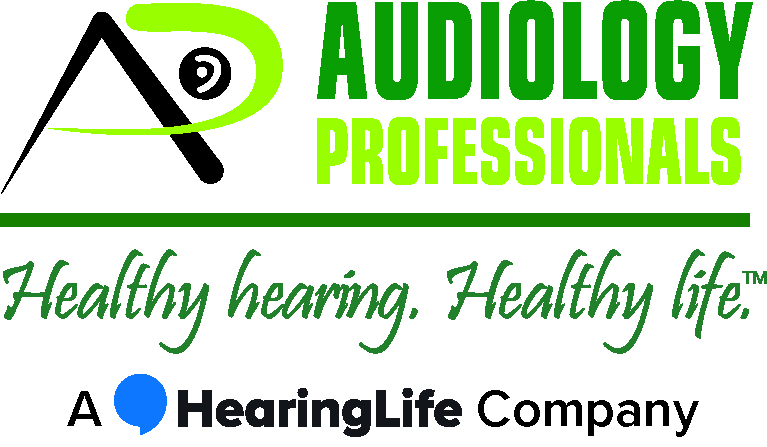Hearing aids are essential devices for individuals with hearing loss. They work by amplifying sound, making it easier for people with hearing loss to hear and understand speech and other sounds. Modern hearing aids are also programmable, meaning they can be customized to the specific needs of each user.
However, many people wonder if it is possible to program their own hearing aids. In this blog, we will explore this question in more detail.
Can You Program Your Own Hearing Aids?
The short answer is no, you cannot program your own hearing aids. Hearing aid programming requires specialized software, hardware, and training, making it a job that is best left to professionals.
A hearing healthcare specialist is trained to program hearing aids using specialized equipment and software.
How Are Hearing Aids Programmed?
Hearing aid programming involves several steps. First, the hearing aid professional will conduct a hearing evaluation to determine the user’s specific hearing needs. This may involve a series of tests to assess the user’s hearing abilities, such as pure-tone audiometry, speech audiometry, and otoacoustic emissions testing.
Once the hearing evaluation is complete, the hearing aid professional will select a hearing aid that is best suited to the user’s needs. There are many different types and models of hearing aids, each with its own unique features and benefits. The hearing aid professional will work with the user to select a hearing aid that is comfortable, effective, and meets their specific needs.
After the hearing aid is selected, it must be fitted to the user’s ear. This involves taking impressions of the user’s ear to create custom ear molds or selecting the appropriate size and style of hearing aid. The hearing aid must fit comfortably in the ear and provide adequate amplification without causing discomfort or pain.
Once the hearing aid is fitted, it must be programmed to the user’s specific hearing needs. This involves using specialized software to adjust the hearing aid’s settings, such as the volume, frequency response, and noise reduction. The hearing aid professional will also make adjustments to the hearing aid’s settings over time as the user’s hearing needs change.
Importance of Professional Hearing Aid Programming
One reason why hearing aid programming is best left to professionals is that each hearing aid model is unique and requires specific software to program it. Additionally, hearing aid programming requires specialized knowledge and training to understand how to adjust the hearing aid’s settings to maximize its effectiveness for the user.
Attempting to program your own hearing aids can be ineffective. If the hearing aids are not programmed correctly, they may not provide adequate amplification or may cause discomfort or pain. It is also essential to have regular check-ins with your local hearing aid professional to ensure that the hearing aids are still meeting the user’s needs and to make any necessary adjustments.
In conclusion, hearing aid programming is a job that should be left to professionals. Attempting to program your own hearing aids can be dangerous and ineffective.
The hearing healthcare specialists at Audiology Professionals have the specialized knowledge, training, and equipment to program hearing aids to the specific needs of each user. By working with our hearing aid professionals, individuals with hearing loss can maximize the effectiveness of their hearing aids and improve their quality of life.
Contact Us Today!If you would like to speak with one of our hearing care professionals, get in touch today. Contact the Audiology Professionals team by calling (541) 228-9233. Alternatively, click here to contact us online.
